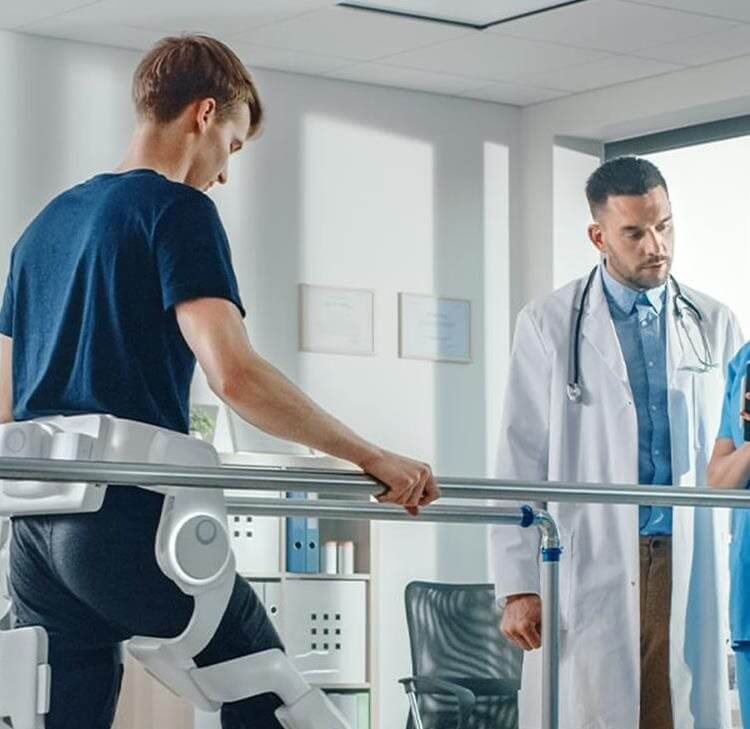The already delayed Liberty Protection Safeguards (LPS) implementation date was recently moved from April 2022 to an “unspecified date” in the future.
For those who have been following the saga, in December 2021 the Department of Health and Social Care (“DHSC”) confirmed that the April 2022 implementation date could not now be met and so was being abandoned. There was a collective sigh of relief for many in the health and social care sector.
By way of reminder, the LPS will be used to authorise the proportionate and necessary deprivation of liberty for people aged 16 and above on a best interests basis (replacing DoLS) where they lack the mental capacity to consent to their care arrangements.
The aim of the new scheme is to spread authorisation responsibility across NHS hospitals, CCGs and social care, whilst also building the LPS process into the care planning procedure itself. Proposals include similar but simplified assessments to DoLS, but with independent authorisation (by an Approved Mental Capacity Practitioner) largely limited to those cases where the person objects to the arrangements. Concerns have been raised that LPS appears to weaken important safeguards for those in care and are a pale imitation of the Law Commission proposals. Whatever the reality, implementation will come around quickly and planning will be key.
We still await the consultation, draft Code of Practice and Regulations, so this article covers some of what is expected, caveated by the need to see the detail.
Summary of changes
- LPS will be extended to those aged 16+ (DoLS applies to 18+).
- LPS will cover domestic settings and supported living too (DoLS only applies to hospitals or care homes).
- We will also see the introduction of Approved Mental Capacity Practitioners (AMCP) and urgent authorisations abolished.
- Responsible bodies will now include CCGs (for CHC-funded care), NHS Trusts (for hospital inpatients) as well as Local Authorities (for care home/LA-funded service users and those in independent sector hospitals).
- After a referral has been made, the responsible body will be required to take steps to assess if an Independent Mental Capacity Advocate appointment is in the person’s best interests or otherwise if requested (by the patient or their ‘appropriate person’).
- LPS will involve an explicit duty to consult those caring for the person and an opportunity for a family member or someone else close to the person, to represent them as an ‘appropriate person’.
- Assessments - three different assessments will be required (a capacity assessment, a medical assessment and a “necessary and proportionate” assessment).
- DHSC has suggested ‘it will be easier to use existing valid assessments, where reasonable and appropriate’.
- Longer authorisations will be permissible (12 months, 12 months and then 36 months maximum).
- There will be more portability of authorisations; for example, one authorisation covering two different settings (subject to details yet to be seen).
- Independent scrutiny (AMCP) will be more focussed on those objecting.
Staying the same
- Definition of what is a deprivation of liberty – no statutory definition of DoL will be introduced in the Act, so currently the Cheshire West ‘acid test’ remains.
- The right of challenge and access to the court under s.21ZA will remain.
- The interface between the Mental Capacity Act and the Mental Health Act has not been tackled.
As many will know, there was talk of care home managers taking responsibility for a lot of the evidence-gathering under the new regime. Currently, it is understood this will not be implemented.
Importantly, LPS will build on the Mental Capacity Act’s principles and should not be feared. Proper understanding and implementation of the Act should ensure that when the system is implemented, care staff feel empowered to provide the best care with appropriate respect for patients’ autonomy, balanced with proportionate restrictions on their liberty where this is necessary in their best interests.
Contact

Mark Hickson
Head of Business Development
onlineteaminbox@brownejacobson.com
+44 (0)370 270 6000









































